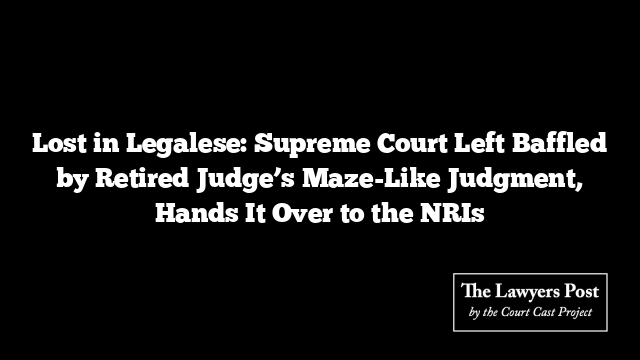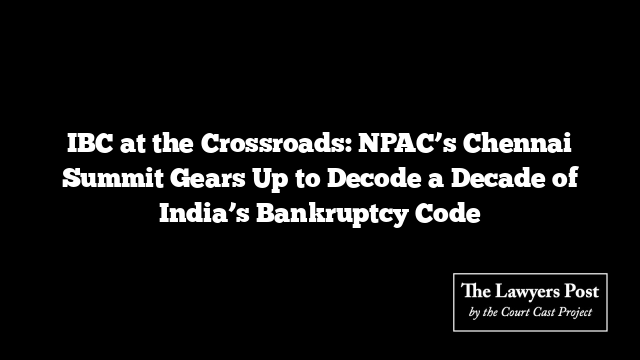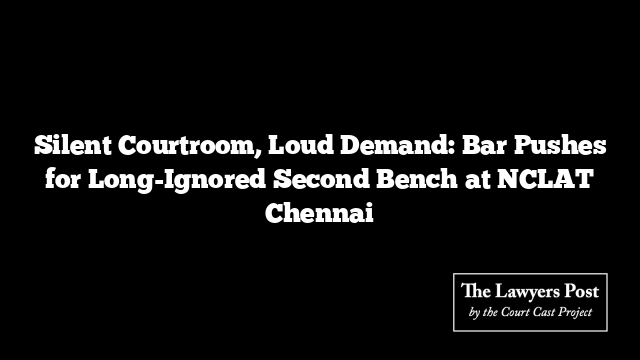In a courtroom moment that danced on the edge of farce and frustration, the Supreme Court found itself deep in the thickets of a judicial pronouncement so dense, so convoluted, that even seasoned judges and legal heavyweights were left squinting for clarity.
The source of this linguistic labyrinth? A judgment penned by retired Punjab and Haryana High Court judge Sureshwar Thakur—no stranger to sesquipedalian flair—whose penchant for complex phrasing has now become something of a courtroom legend.
As the apex court attempted to make sense of a ruling co-authored by Thakur (along with Justice Vikas Suri) that stayed Section 3G of the National Highways Act, 1956, the Bench—Justices Surya Kant, Dipankar Datta, and Vijay Bishnoi—found themselves both amused and bewildered.
Justice Surya Kant, with a touch of courtroom comedy, quipped, “Anyways, now that he has demitted the office, he has taken over as the chairperson of the NRI Commission of Punjab. So now it’s the burden or responsibility of the NRIs.”
This prompted a chuckle from Solicitor General Tushar Mehta, who observed, “The NRIs will now have to understand English, not the resident Indians.”
To which Justice Kant dryly noted, “Most of them are in Canada or Europe, so they will understand.”
The court was examining an appeal challenging the March 20 ruling that effectively scrapped a statutory arbitration clause—though arriving at that conclusion required translating judicial jargon into plain speech.
Mehta gave the Court a sample of the original order’s syntax, which included linguistic contortions like:
“The effect of the necessity of existence of an ad idem arbitration clause, in the contract drawn amongst the contracting parties concerned, but is that, qua therebys but fortification becoming infused… Thus a force majeure statutory arbitration, therebys when it looses its functionality…”
Pausing for breath—and likely comprehension—Mehta distilled the chaos into layman’s terms: “It says statutory arbitration is not permissible, only contractual… Section 3G is declared unconstitutional.”
The Bench shared a smile. Justice Kant remarked, “Thoda sa time lagega isko samajhne me (It will take some time to understand this).”
In a rare moment of full consensus across the courtroom, all parties agreed the ruling needed to be stayed. The judges, likely recalling past run-ins with Thakur’s stylistic excesses, didn’t need much convincing.
In fact, Mehta reminded the Court of a previous run-in with one of Thakur’s judgments during his stint at the Himachal Pradesh High Court—a case that had to be sent back in 2017 because the Supreme Court simply couldn’t decipher it.
Justice Datta, nodding knowingly, recalled the language used back then: “It is incomprehensible. That was the word used.”
The Court ultimately stayed the judgment in question, instructing that ongoing legal processes under various provisions of the National Highways Act and the Arbitration and Conciliation Act continue uninterrupted.
The NRI Commission of Punjab, meanwhile, may want to brace itself. It seems it’s inherited more than just a former judge—it’s inherited his dictionary too.





